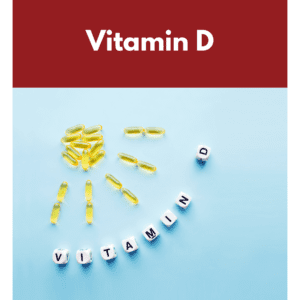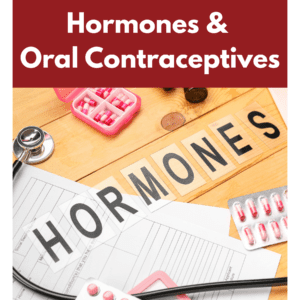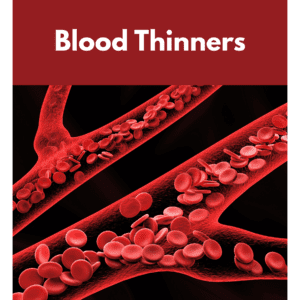Is there anything I can do to prevent a future hemorrhage?
Inflammation has been implicated in cavernous malformation hemorrhage. Here are recommendations from the Scientific Advisory Board to control systemic inflammation:
- Maintain normal vitamin D levels and supplement accordingly under your doctor’s supervision
- Quit smoking
- Receive an annual flu vaccine and recommended vaccines
- Treat sleep apnea
- Maintain a preservative-free diet
- Treat high blood pressure.
- Stay stress-free. Of course, this is much easier said than done! Dr. Issam Awad, Chair Emeritus of the Alliance to Cure Cavernous Malformation Scientific Advisory Board, notes that stress can alter neurological symptoms after a stroke and can account for fluctuations of symptoms. There is no known physiologic or hormonal basis for this. However, stress can increase blood pressure, which could be a problem in hypertensive patients with increased hemorrhage risk.
Patients with CCMs can:
- Engage in aerobic activity and noncontact sports. A 2020 study completed at Mayo reported that these activities have not been shown to increase hemorrhage risk. Less is known about contact sports, high-altitude climbing, scuba diving, and those with spinal-cord cavernous malformation.
- Give birth vaginally as long as the CCM is closely managed during the term of pregnancy.
- Fly in commercial aircraft with normal cabin pressures.
- Consume alcohol and caffeinated beverages in moderation.
Researchers are examining the risk of hemorrhage related to the use of hormonal agents, Botox use, and probiotics.
Dr. Issam Awad notes that there has been some relation shown between diet pills, certain stimulants, and nasal decongestants containing phenylpropanolamine and intracranial hemorrhage in young patients, including, possibly, in cases with CCM. These items have been taken off the shelves by the FDA, but it is possible that other excessive stimulants might cause bleeds.
He explains that stimulants may increase blood pressure in hypertensive patients, and this could contribute to a predisposition to hemorrhagic stroke. Extreme stimulants such as cocaine and other illicit drugs have been shown to cause brain hemorrhages among patients without prior history of high blood pressure, including cases with pre-existing vascular malformations.
Updated 4.9.2025






